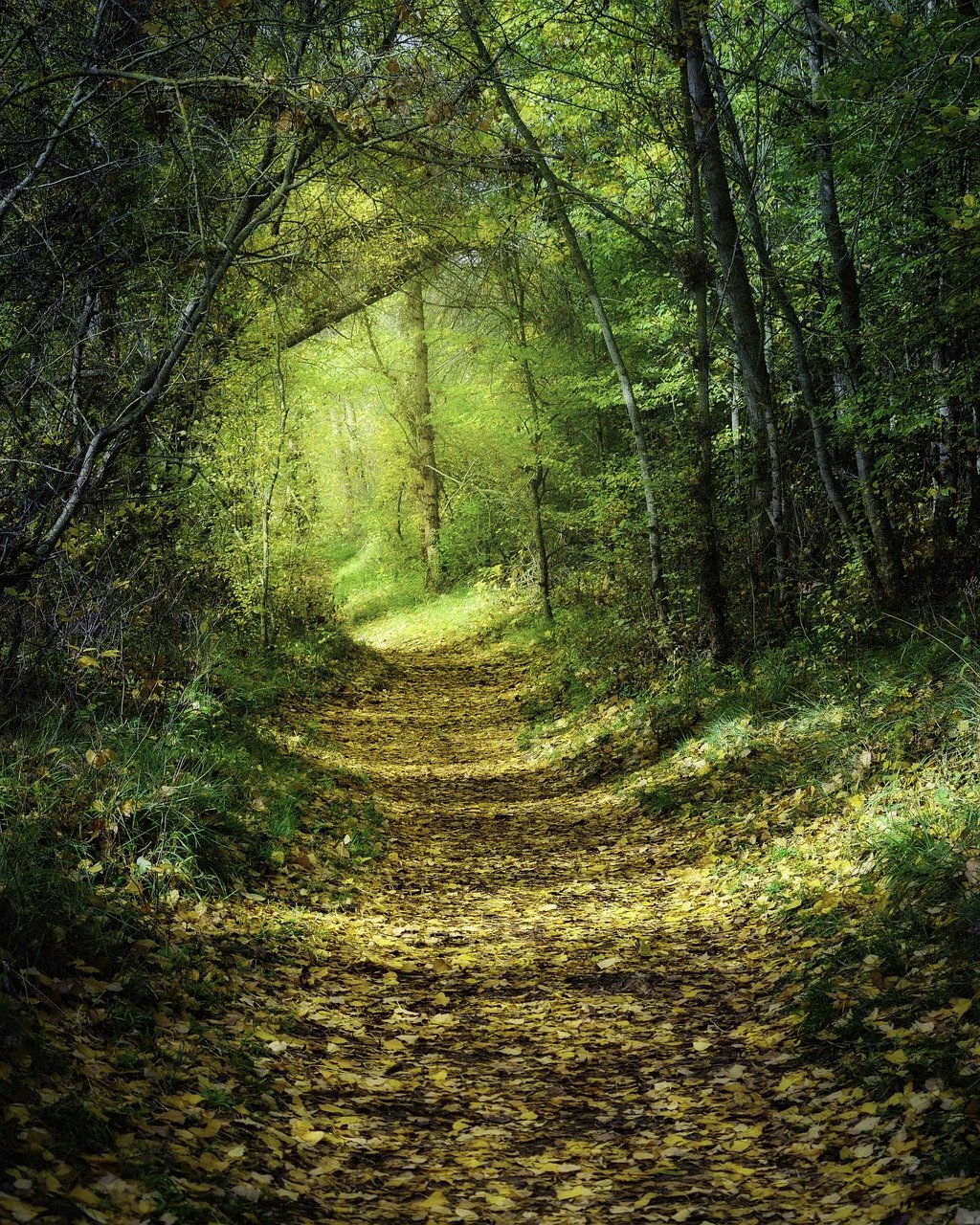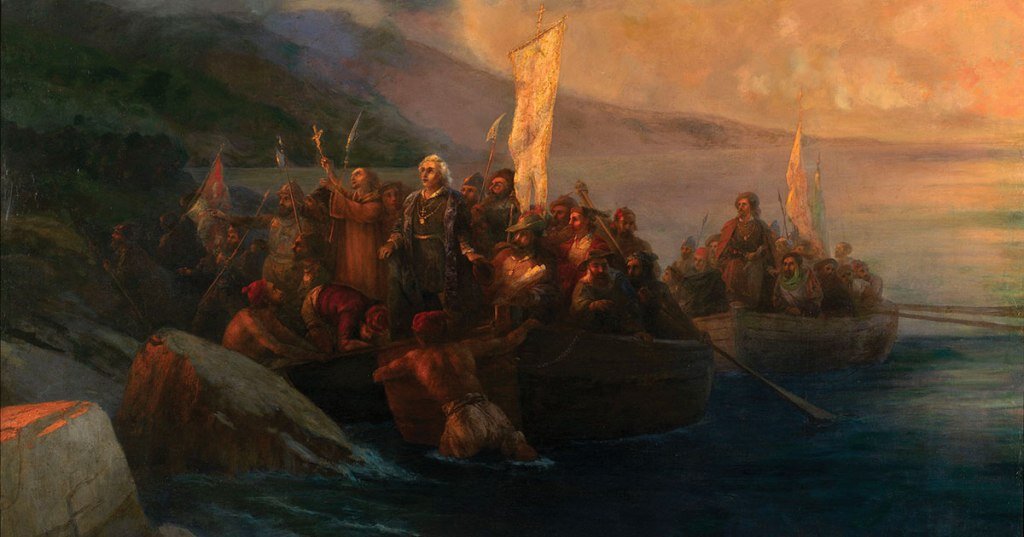
Canto 1: How Dark Was the Wood
In my January 27th post, Lost and Afraid in Dante’s Wood, I proposed that rather than interpreting the woods as Dante’s sinful life, we should see the forest as the fallen world in which Dante lived. In that article, I discussed how the dangers of the forest are metaphors for the spiritual threats we all face in life’s journey. This article explores the darkness of that wood.

Canto 1: Lost and Afraid in Dante’s Wood
This past May, I was fortunate enough to walk the Camino de Santiago. One morning, I headed out a couple of hours before dawn, hoping to reach my destination before the sun became too strong. There was no moon, so it was very dark. If there were any stars, I could not see them through the canopy formed by the trees. Although I had a headlamp, walking through an inky black forest was unnerving. I worried about what might be hiding in a clump of bushes farther up the path. Worse yet, what was behind me? I started to sing, hoping to frighten anything that might be nearby. Then I wondered, would I be scaring off potential predators or simply telling them where to find their breakfast? Although sitting in my comfortable, well-lit library, I can now laugh, I was more flustered than I care to admit.
The experience made real to me the confusion and fear Dante must have felt in Canto 1 of the Inferno. I, like Dante, was a pilgrim alone in a dark wood. Even as I say this, I feel the comparison is unfair to Signore Alighieri. Dante was lost and in the dark. He did not have a GPS to guide his steps or a rechargeable LED headlamp to light his path. Yet, even with these advantages, I was still apprehensive. It was not my best morning on the Camino.
Ukraine & Partisan Flowers
The Many Saints of Newark

Canto 1: The Journey
Many have long described The Divine Comedy as the greatest work of Western literature. This acclaim is due, in part, to Dante making his journey from bondage to freedom personal to his readers. His poem reaches out and pulls us into the experience of his spiritual enlightenment.
Dante begins by telling us, “Midway in our life’s journey / I awoke to find myself lost in a dark wood.” The tension created between “our life’s journey” and “I awoke” is a subject of a great deal of speculation. What was the authorial intent? Why didn’t Dante simply write in the middle of my life’s journey, I awoke? We might brush off this conflict as sloppy writing, that Dante had intended no deeper meaning here, but I believe this would be a mistake. While I cannot say with any absolute authority what Dante had intended, I think there is a purpose in his choice of words. And, that purpose is an example of how Dante draws us into the poem from the very start.
In Praise of Labor

Dante at 700
This September 13th is the seven hundredth anniversary of the death of Dante Alighieri, the greatest poet in all of western literature.
I am not sure where to go from there with this post. There is so much I would like to say, but I am not quite sure how to put it all together in a logical way that fully expresses my feelings about Dante without sounding trite. So much has been written over the past seven hundred years that you could easily spend the rest of your life reading about Dante without ever reading his actual work. Has it all been said? Is there anything new to say about Dante?

Columbus On Trial
In my previous article, I discussed the man Christoph Columbus, details of who he was that are often overlooked by his detractors. In this article, I would like to review the chief accusation against him which was his involvement in the slave trade.

Columbus & The Historians
When I was a kid Columbus Day was a special holiday. OK, it wasn’t Christmas or Easter, but it was better than Arbor Day, with all due respect to that holiday. I didn’t think of it back then, but it was an acknowledgment of the contribution Italians made – and continue to make – to the United States.